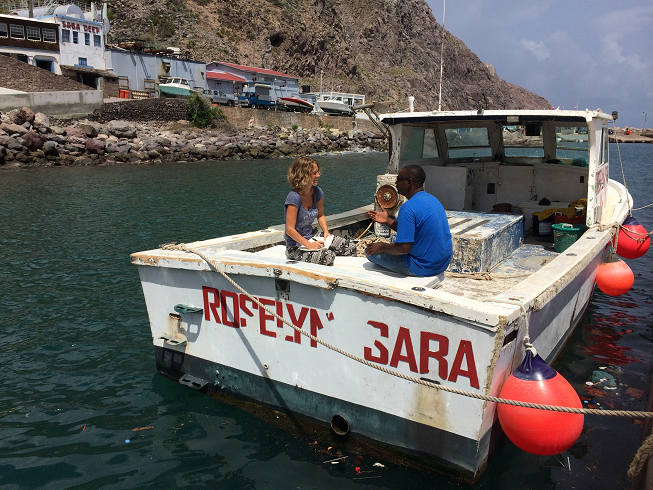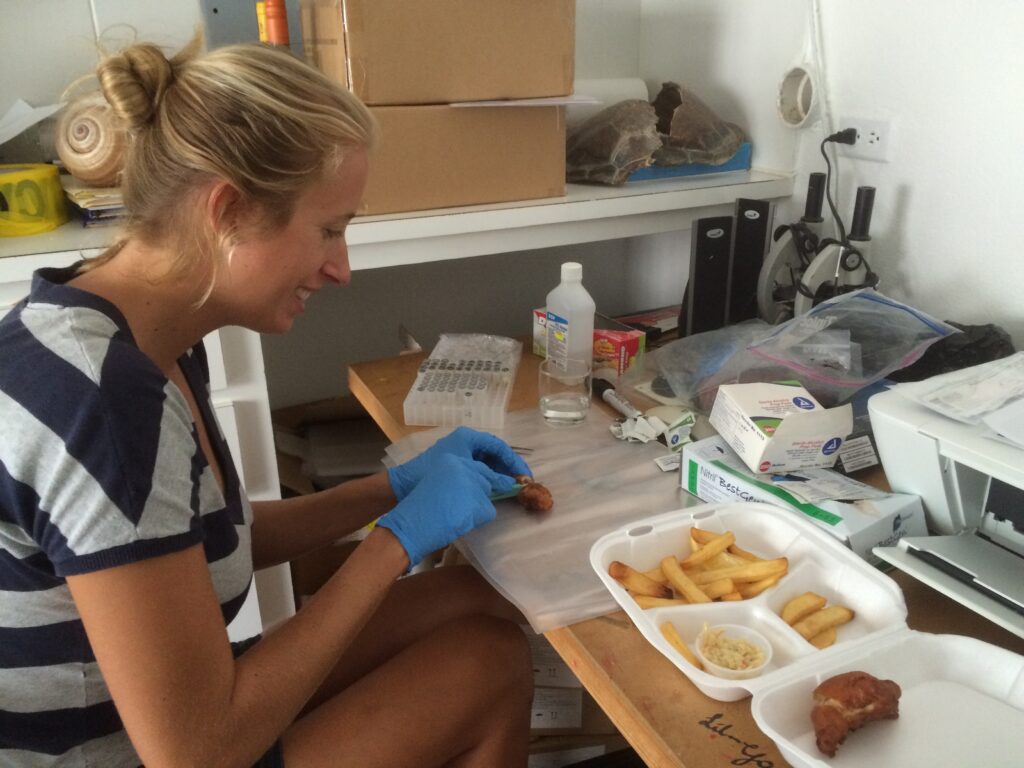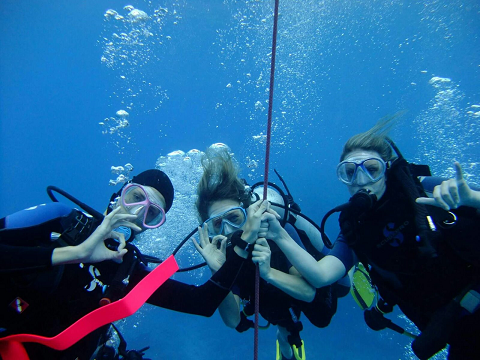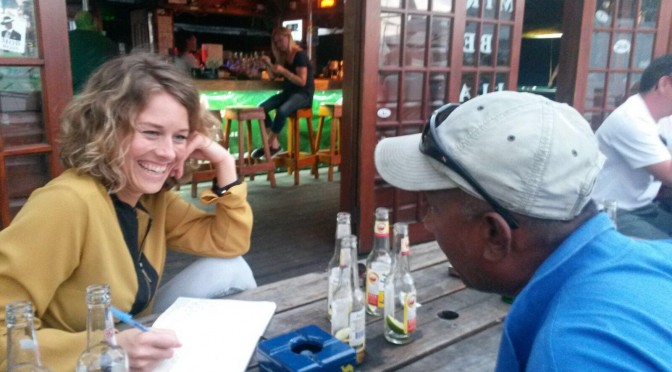SevenSenses and sharks. Who would have ever seen the link? Ron van der Veer from the Dutch Council of State saw it a few months ago. He is involved in the Save Our Sharks project in the Caribbean, sponsored by the Dutch Postcodeloterij. It’s aim is to bring back a healthy shark population around the islands and bring the marine ecosystem back in balance. When Ron heard about SevenSenses and action research, he asked me to join the project and develop together with local stakeholders a plan of action. A few months later I am in the Caribbean talking with fishermen, dive school operators and a whole bunch of other stakeholders, about… sharks!
Action Research brings you to awesome places
The funny thing is that when specializing in Participatory Action Research, it brings you to all corners of the world, in all different kind of disciplines, and at all levels of society. From a diarrhea problem in Guatemala, to lung disease in the slums of Kampala, to female rights in Kenya and sharks in the Caribbean. The one day you are talking to divers and fishermen about their work, the next you are diving with the sharks, to later have a meeting with the Governor of Sint Maarten and celebrating Kings Day with him and the ministers!

Madelon interviewing a local diver on Sint Maarten
No need to be an expert in the matter
Sometimes people wonder: how can you work in all those different disciplines, when you are not educated in the matter? I can tell you, it has some great advantage. First of all, I would ask questions that experts would not ask as they subconsciously take things for granted. “I know so they know”. However, experts are missing out on this part, as things are often defined differently by different people. This is where important information may arise that can help the project further. Second, in Action Research you are not the one who comes to educate. Where experts may be tempted to share their knowledge and tell other people what they should do, an action researcher comes to let other people florish in what they do, and they use that as a tool for tackling the issue. Comes in handy, because when the action researcher leaves, the locals continue their work. A third advantage for the action researcher: you are learning all the time!

Working with local experts: Melanie investigating local fish & chips on the
existence of shark meat. Selling shark meat is prohibited on Sint Maarten.
Swimming with sharks as a research method?!

In-context immersion in this project means: diving with the sharks!
Left to right: Melanie, marine biologist, Madelon, action researcher and Linda,
marine biologist
I am now doing a pre-research on Sint Maarten, Saba and Sint Eustatius, to determine together with local stakeholders how my action research would come out best, to come back later this year to conduct the full research. The results will be put in a final proposal for the Dutch Caribbean Nature Alliance. If they agree with the proposal, I’ll be back hopefully later this year to do the full action research! I am almost finished with this pre-research. I had awesome dives with the beautiful sharks and in actual fact, this is a research method! It’s called in-context immersion. It means that to get a better understanding of each stakeholder’s perspective, you follow them for a day in their activities. So I went with the Nature Foundation to do their under water work, finding up to ten sharks around us!
I also had great talks with the fishermen, dive school operators, inhabitants of the islands, nature organizations, the government and so many more. I had such a great time hearing their wonderful stories and ideas! Can’t share the results yet, but I see a lot of potential among these people to let the marine ecosystem flourish again, full of beautiful sharks, coral and other marine life!

